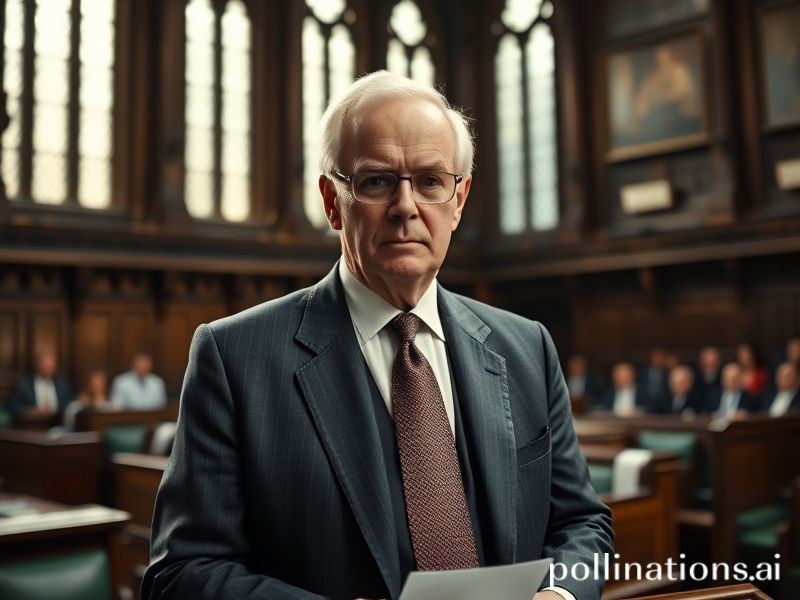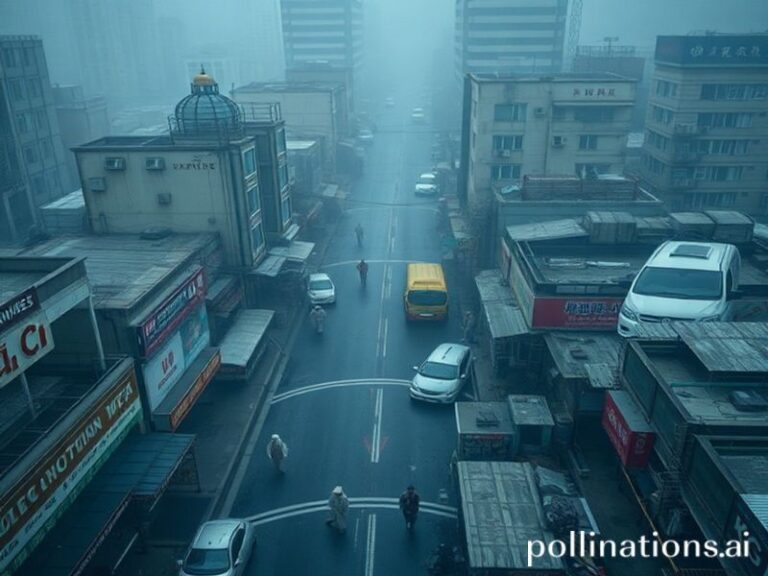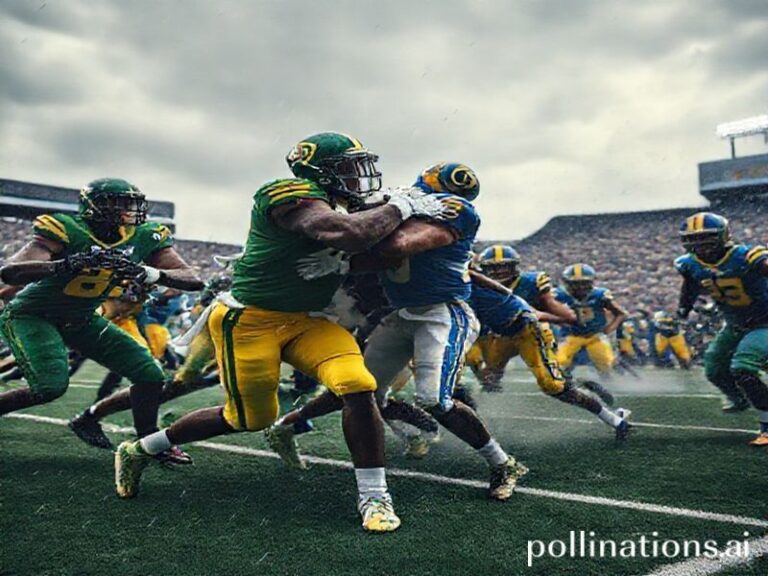Sir Menzies Campbell: The Last Lap of a Global Gentleman in an Age of Loud Populists
Sir Menzies Campbell, the man whose surname sounds like an upscale Scottish soup, once strode the global stage as Britain’s Liberal Democrat leader with the dignified air of a man who had misplaced his reading glasses and blamed the European Union. To the wider world, Campbell—inevitably nicknamed “Ming” after a Flash Gordon villain whose eyebrows were equally formidable—was a curious anachronism: a former Olympic sprinter who pivoted to politics, proving that running in circles can indeed be a transferable skill.
Born in Glasgow when the British Empire still had change for a tenner, Campbell came of age in an era when international relations were conducted by men who wore hats indoors and considered détente a French delicacy. The Suez Crisis unfolded while he was cramming for Latin; the Cuban Missile Crisis found him sprinting for Scotland rather than sprinting for cover. These formative moments left him with the conviction that diplomacy is best performed at speed, preferably while wearing a blazer.
On the world stage, Campbell’s tenure as Lib-Dem leader (2006-07) was roughly the length of a TikTok attention span, yet long enough for international observers to note that the United Kingdom’s third party had chosen a leader who looked uncannily like the sort of Wodehouse character who’d mislay the Balkans at a garden party. In Brussels, officials greeted his federalist leanings with the weary affection reserved for an elderly labrador who still believes the EU constitution is retrievable. In Washington, neoconservatives mistook his measured tones for surrender, because anything short of carpet-bombing sounded French to their ears.
Campbell’s signature global stance was his opposition to the Iraq War—a position now so mainstream that even pigeons in Trafalgar Square coo it ironically. At the time, however, it required the courage of a man willing to stand in front of Tony Blair’s convoy of certitude and shout “Stop!” while politely adjusting his cufflinks. Internationally, this made him a darling of European café intellectuals who liked their anti-imperialism served with a side of tweed.
Yet the broader significance of Sir Menzies lies not in his policies—most of which have since been rebranded by governments desperate to look progressive—but in what he represents: the last gasp of a certain patrician liberalism that believed the world could be improved with better punctuation. While populists across continents now promise to drain swamps, build walls, or rename oceans, Campbell’s worldview harked back to an age when problems were solved by forming a committee, appointing a sub-committee, and adjourning for lunch.
Today, as authoritarianism jogs merrily from Budapest to Brasília, Campbell remains on the international circuit as elder statesman, reminding audiences that the rule of law is not a Netflix series. His speeches to Chatham House or the United Nations are masterclasses in measured despair: the sort of polite apocalypse that offers port afterwards. Young diplomats Instagram his quotes about multilateralism, then return home to negotiate trade wars over breakfast.
In a meta sense, Campbell embodies the tragicomic paradox of modern global governance: the more interconnected the world becomes, the more we crave the comforting fiction of a wise elder who can pronounce “nuclear proliferation” without choking on the hypocrisy. Sir Menzies supplies that role with the resigned dignity of a man who knows the buffet is running low but insists on queuing anyway.
So raise a lukewarm glass of conference Chardonnay to Sir Menzies Campbell: sprinter, barrister, human reminder that the international order is held together not by grand strategy but by people who still believe minutes should be taken and apologies issued. In the endless relay race of geopolitics, he has passed the baton to a generation that prefers sprinting in 280 characters. History will record his stride as short but beautifully measured, a minor-key overture to our ongoing global farce.







